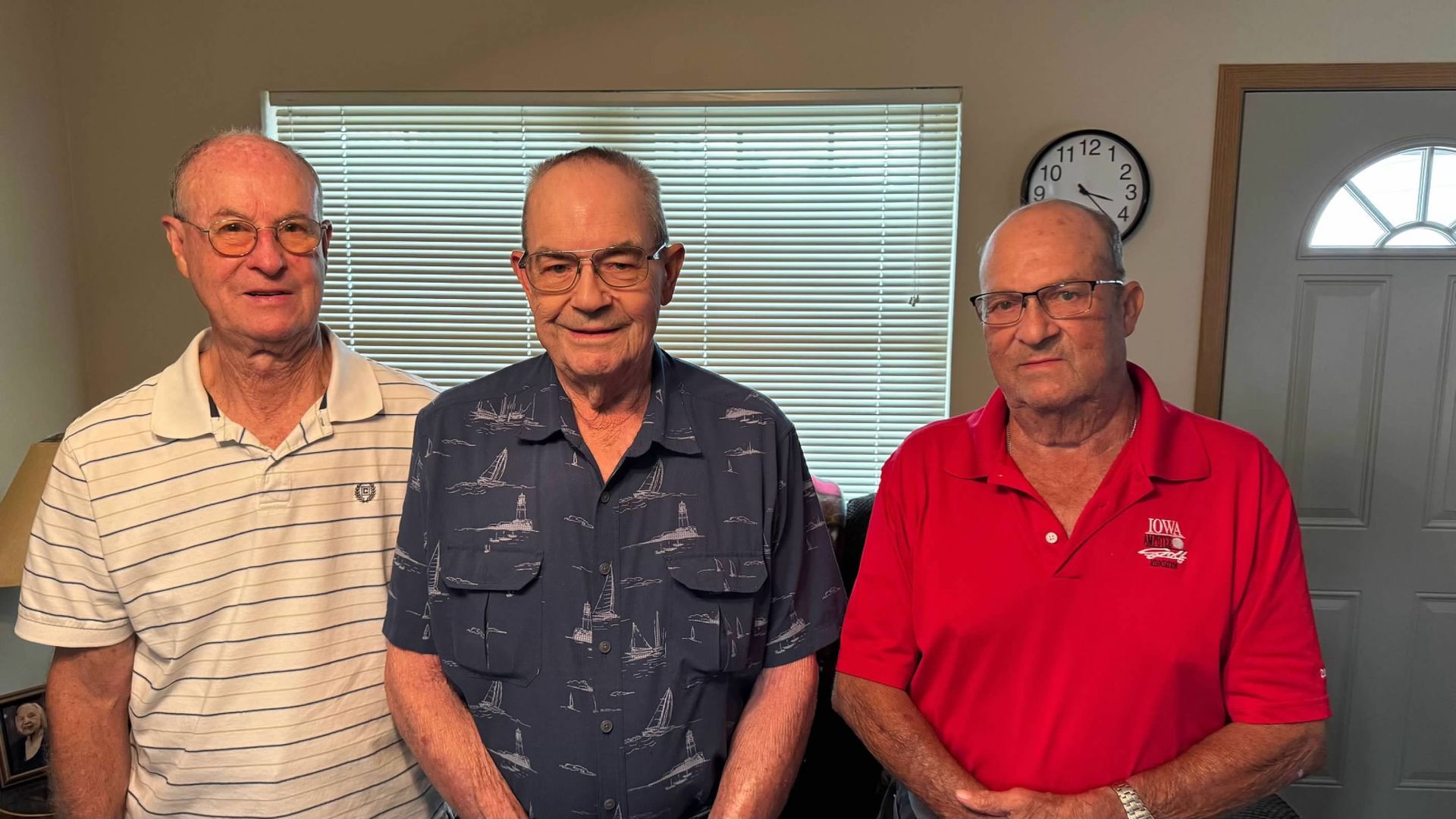The Futility of Fretting Over Fairness
Recently, I was blessed with the opportunity to discuss the topic of fairness with two older men who have suddenly come face-to-face life’s occasionally unfair nature. Both are in their mid seventies, and each is living a retirement that is not what he prepared for, imagined or seemingly deserved.
Because both had worked hard and saved responsibly for their retirement, money isn’t an issue for them. Similarly, both had been physically active, exercised regularly and applied the same discipline to their bodies as they did to their retirement savings. One had even run several marathons! Unfortunately, those efforts didn’t prevent them from being stricken with neurological disorders that severely impact their mobility and ability to perform simple daily tasks.
Neither did anything to induce their physical struggles. In fact, they did everything they could to enjoy physical health well into their later years; yet, that was taken from them. It’s like obeying the speed limit, but getting a ticket, when everyone else speeds past you. It just isn’t fair.
Fairness is something we all expect, but don’t always get. Sure, a lucky break or two is welcome, but we don’t expect luck. We do expect fairness, and it stings when it is taken from us. Unfortunately, when this happens, there is little that we can do about it.
When both of these guys retired, because their physical abilities far exceeded those of their peers, their initial retirement years went almost exactly like they had planned. They continued to travel, golf and exercise regularly, never envisioning what was about to happen. Why would they? They had sacrificed, and had earned the lifestyle that they were enjoying.
As is my nature, after listening to their struggles, I tried to paint silver linings in the clouds that hung over their heads, and encouraged them to look at the bright side of things. Both told me that they admired how I was able to stay positive in the face of adversity, but that they weren’t there yet. They haven’t yet been able to give up on fairness.
Living with significant physical challenges for more than 50 years has taught me that it’s futile to fret over fairness. Put simply, we don’t get to decide what we deserve. We can live perfect lives, follow all the rules and check off all the boxes of virtue, and bad things can still happen.
What we do get to decide are our attitudes and how we approach our challenges when bad things happen. We also need to realize that the energy that we spend fretting over fairness is better directed toward improving our situations. The US Navy SEALs know this, and incorporate it into their training.
In his New York Times bestseller, “Lone Survivor: The Eyewitness Account of Operation Redwing and the Lost Heroes of SEAL Team 10,” retired Navy SEAL Marcus Luttrell recounts an experience in his SEAL “Hell Week” when one of the trainers randomly selected a trainee and completely trashed the trainee’s quarters when he was out training. This poor trainee had experienced more than 20 straight hours of grueling physical tests, and another 20-plus hours awaited after a couple of hours of sleep.
Instead of sleep that night, the trainee had to restore order to his room, though its trashed condition was no fault of his own, before inspection in just two short hours. Imagine the injustice he must have felt. A mentally weak person, under such extreme physical and mental exhaustion, and experiencing such extreme injustice, would have lashed out or simply collapsed. A SEAL can’t do that. If someone makes a terrible mistake on a mission or the enemy foils a near-perfect plan, a SEAL can’t spend time and mental resources being angry at the injustice and feeling sorry for himself. Doing so would get him, and likely others, killed.
Likewise, when things are tough for us, and we are angry because fairness has turned its back on us, we need to summon whatever mental toughness we have in order to resist the urge to feel sorry for ourselves. Only when we quit fretting over fairness can we focus on improving our situations.

